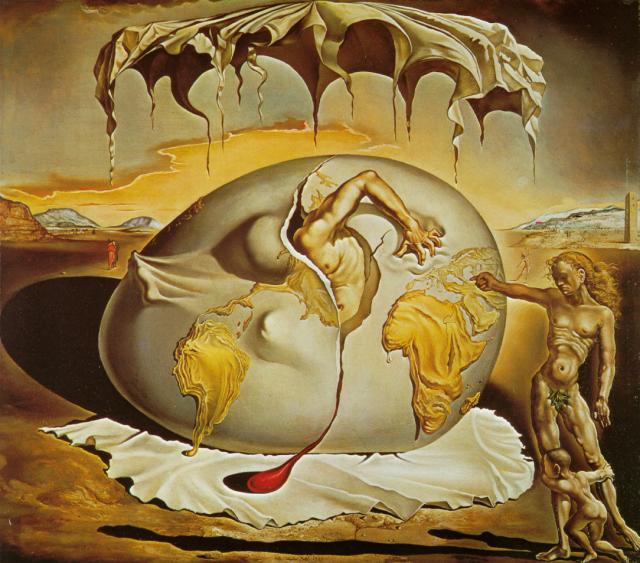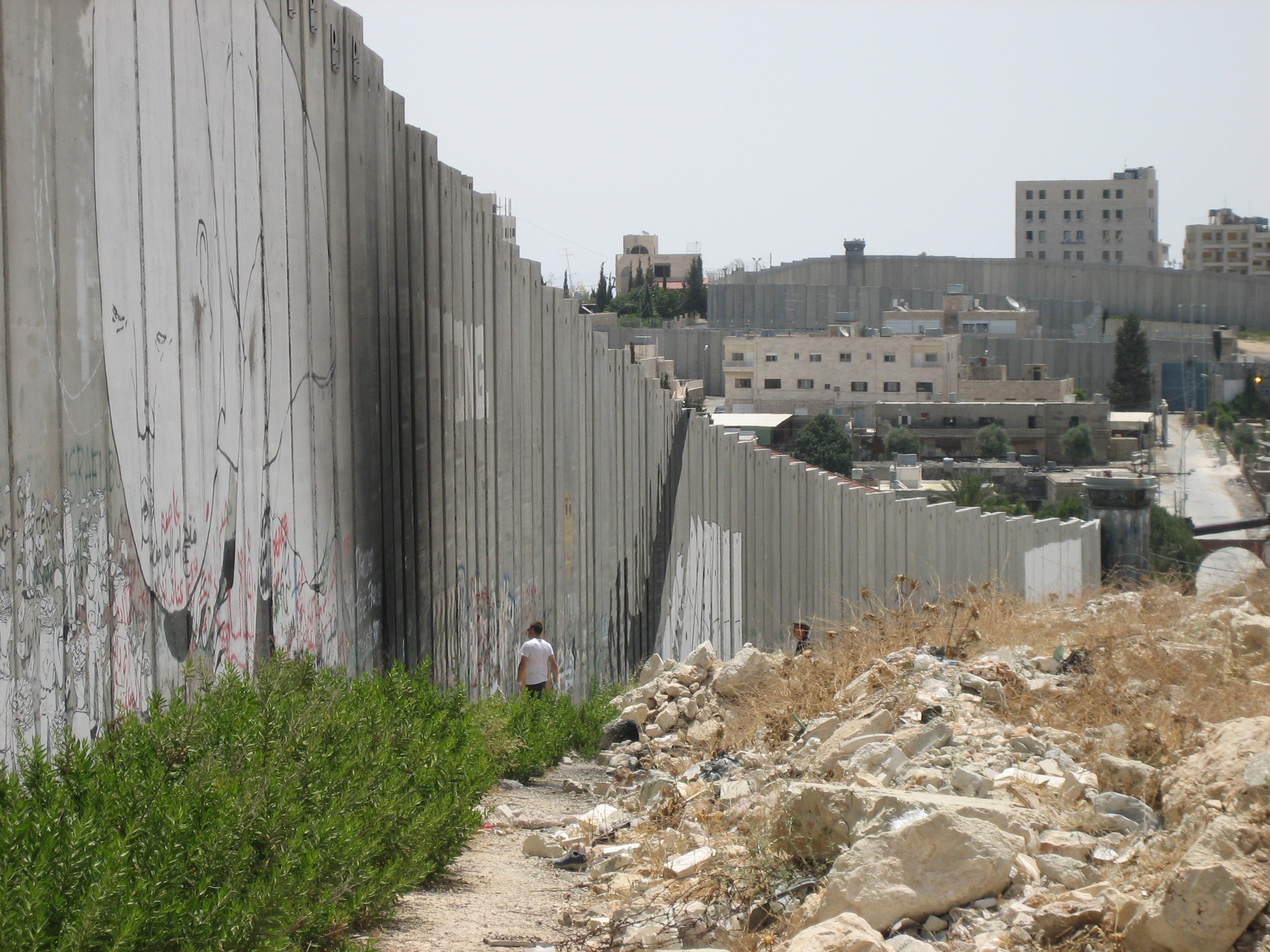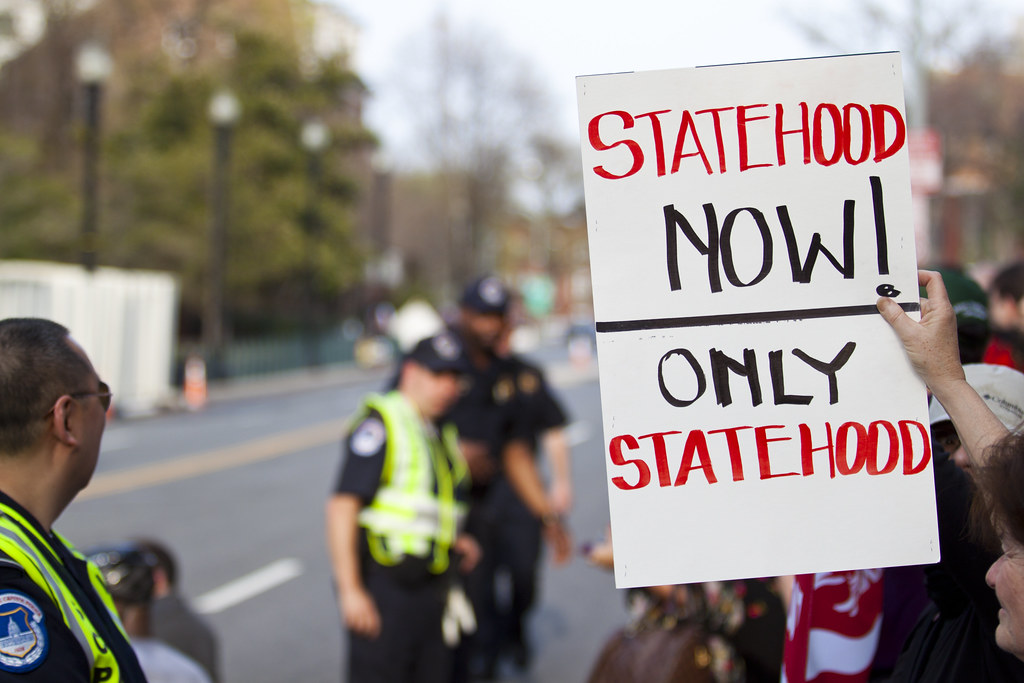
This article was originally published June 24 2014 by the Harvard International Review (HIR).
Culture has a salient geopolitical relevance in a world that defines itself by much more than diplomatic exchanges and inter-state relations. This is primarily because of the deeply visceral and emotional connotations associated with identity issues. This has been the case throughout history, as exchanges have taken place between people of different cultures for millennia, but today they are marked by unprecedented intensity and scope of relations. This offers great opportunities on a number of levels but also has the potential to initiate tension or conflict when combined with injustice, inequalities and insecurities.




